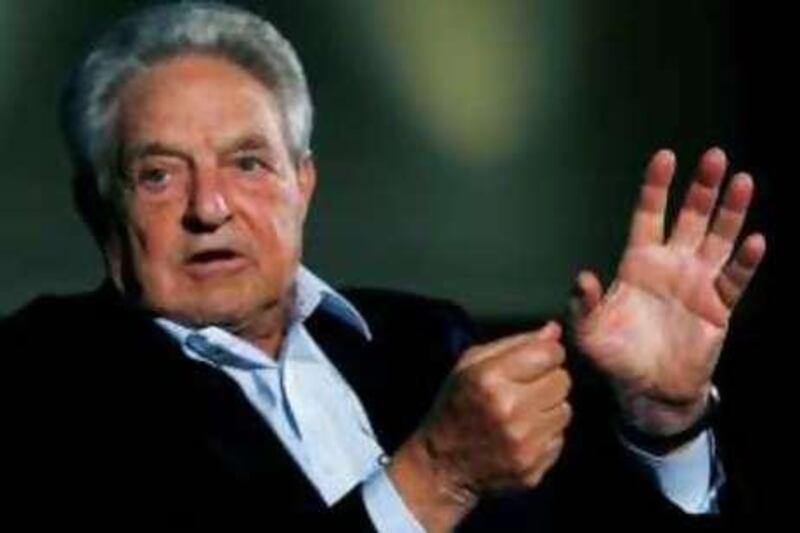The worst of the financial crisis may still lie ahead with more major banks facing trouble in coming months. That is the view of Dominique Strauss-Kahn, director general of the International Monetary Fund, speaking in Jeddah after a meeting with GCC finance ministers and central bank governors. "It is a very serious financial crisis," he said. "The consequences for some financial institutions are still in front of us. We have to expect that there may be in the coming weeks and coming months other financial institutions with some problems," he said.
The comments raised the prospect that what began as a credit squeeze associated with risky mortgage lending in the United States and has already claimed the lives of four big western banks and the world's largest insurer will spread further across the global financial system. "What is important to see is that it has an influence on the real economy, but that the real economy is very resilient both in developed and emerging countries," Mr Strauss-Kahn said.
His pessimistic words have been echoed by George Soros, the billionaire financier, who said this financial crisis threatens to be as serious as the Great Depression of the 1930s. "I'm afraid we are not through it at all - in some ways we are still heading into the storm rather than heading out of it," he said. Asked whether the US government should have rescued Lehman investment bank, he said: "If the financial system survives then it was the right thing to do to let them go bust. If there is a meltdown then obviously it wasn't. Saving the system trumps moral hazard. In the end you do whatever it takes to save the system," he added.





